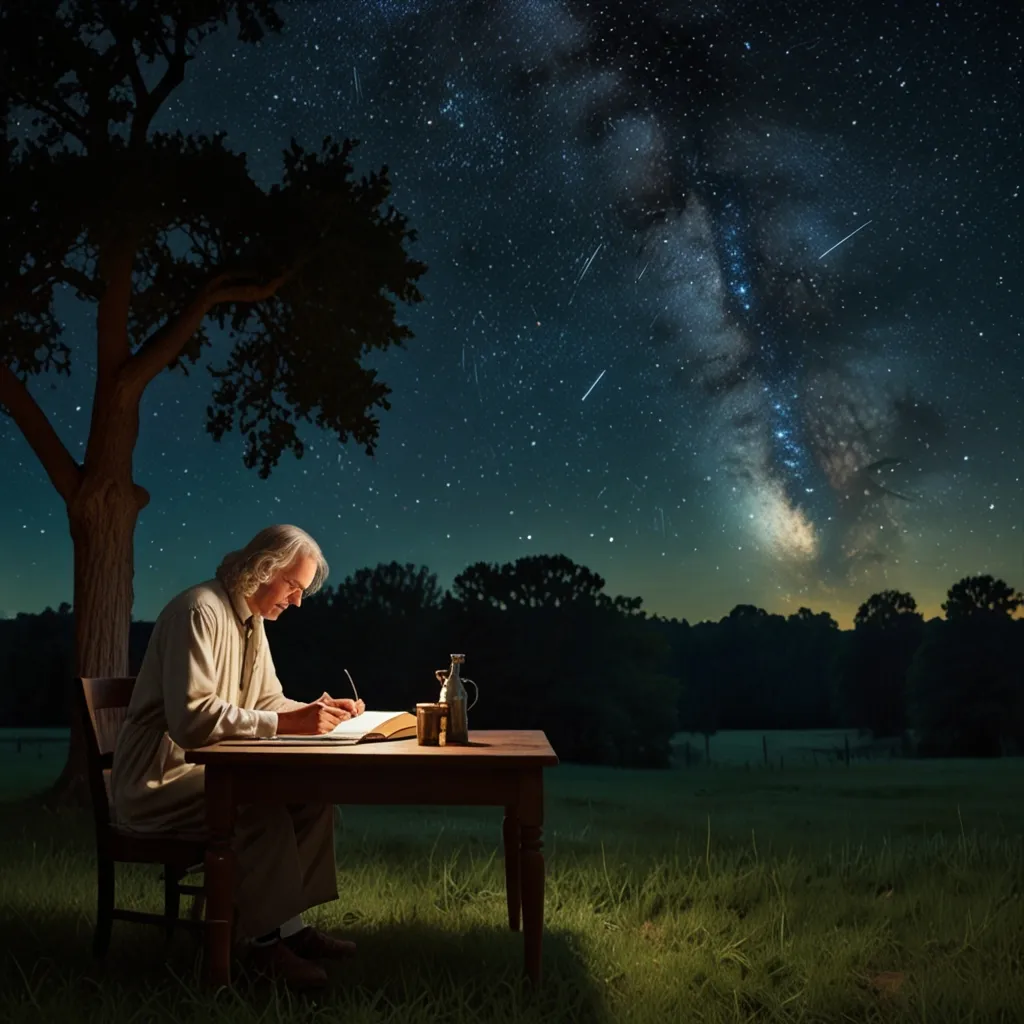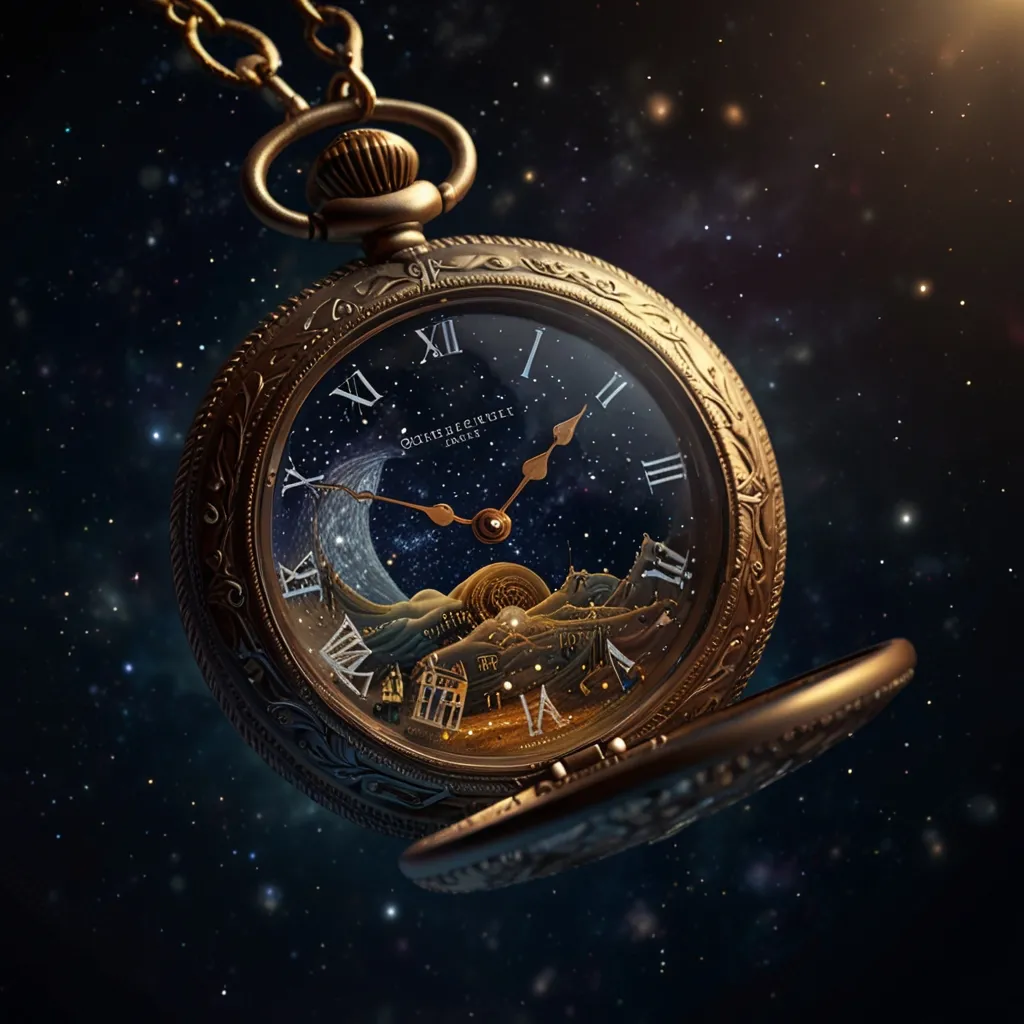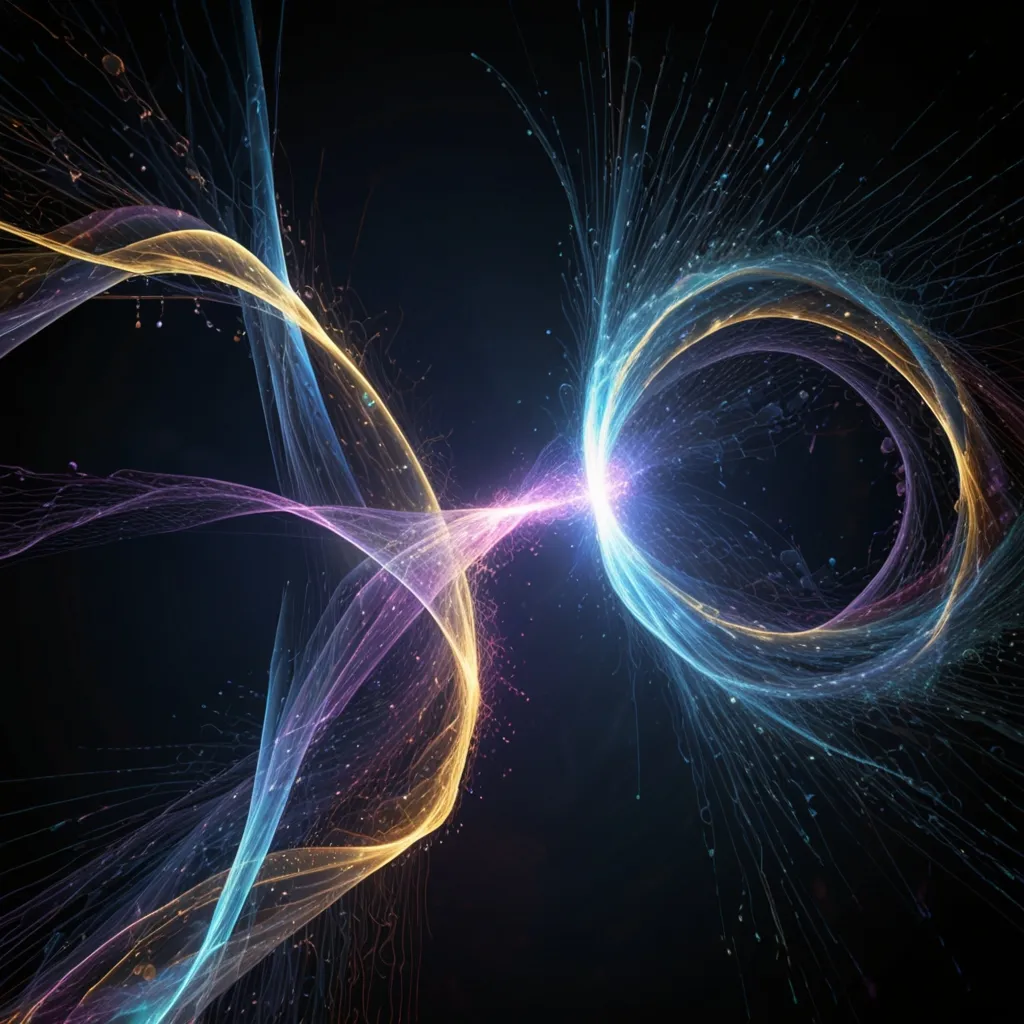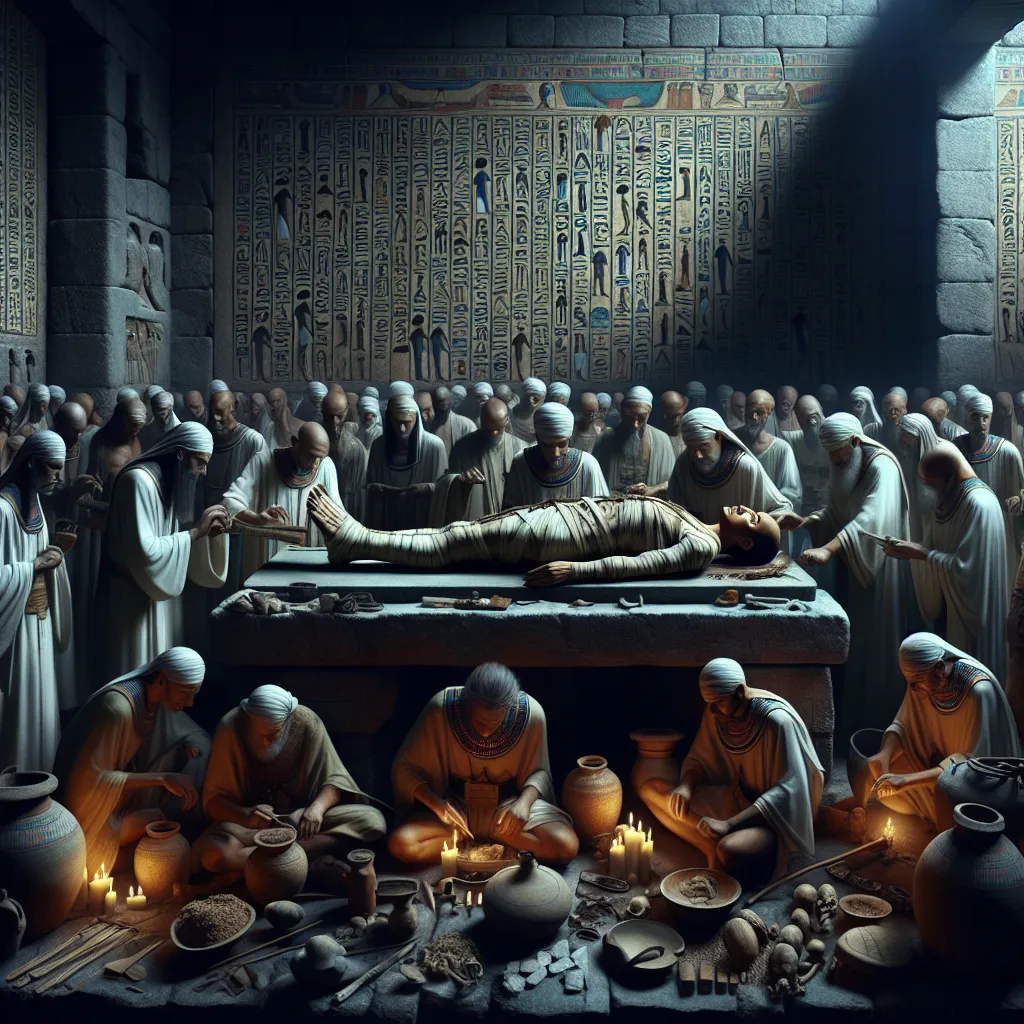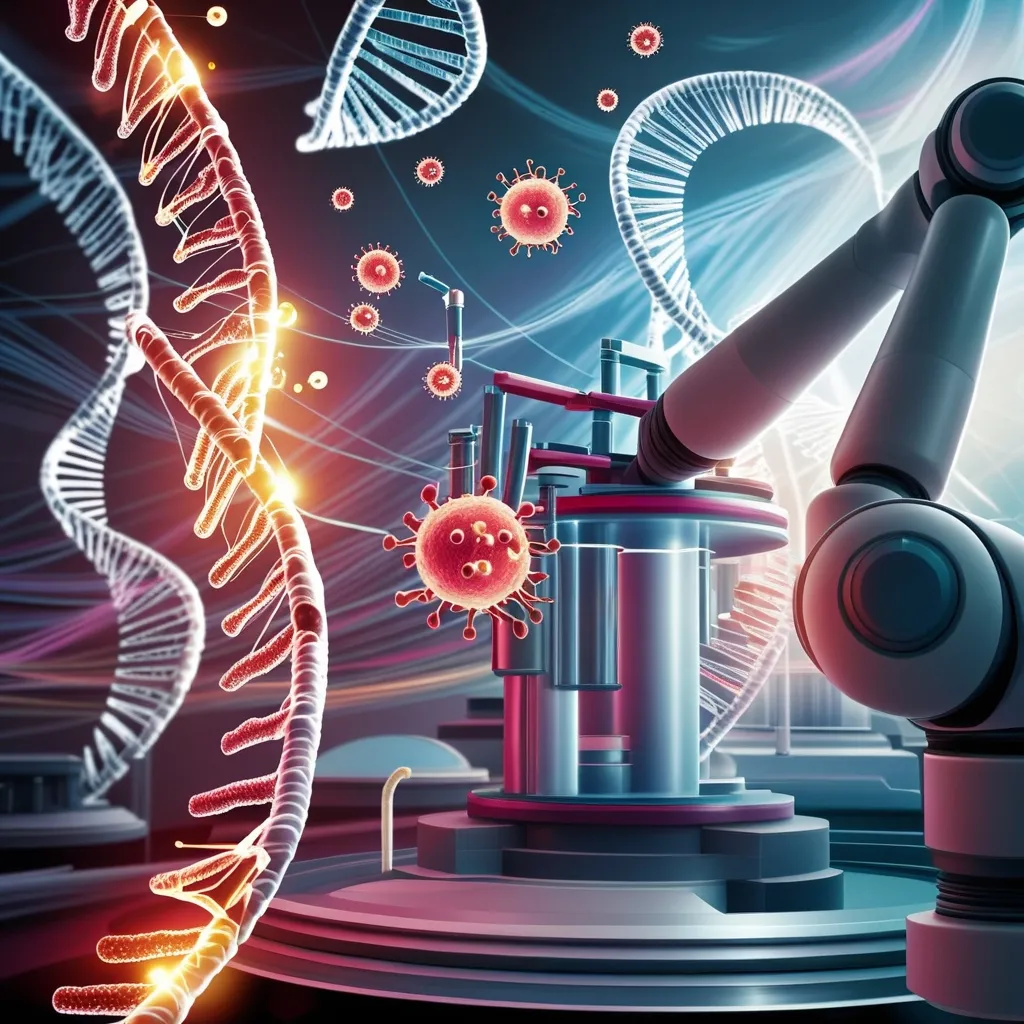Before cable TV, streaming, and video games, evenings often meant stargazing and contemplating the universe’s beauty. About 350 years ago, there was a clear distinction between earthly observations and celestial phenomena. People understood earthly events through cause and effect, but the heavens seemed mysterious and divine. Many believed a creator governed these celestial bodies, showcasing the grandeur of a higher power.
Enter Isaac Newton in 1687. His groundbreaking work, “Principia Mathematica,” paved the way for understanding that both celestial bodies and earthly objects move according to the same principles. He provided not only a theory but also a precise mathematical framework, revolutionizing our perception and predictions about planetary motions and earthly events. Newton’s findings questioned the necessity of a divine intervention, causing a decline in arguments for God’s existence based on cosmic behavior.
However, the late 20th century saw a revival of these arguments, mainly due to particle physics and general relativity. These scientific fields are incredibly accurate but rely on constants that lack explanation. These constants seem finely tuned—altering them slightly could render the universe unfit for life. This concept has reignited the debate: does this precise tuning indicate a designer, perhaps God?
Ironically, Newton himself never saw his work as dismissing the need for God. He viewed gravity’s nature as evidence of a divine hand. But, Newton wasn’t privy to modern theories like particle physics, quantum mechanics, and general relativity, which identify at least 19 fundamental constants. These constants are measured and appear essential for the universe’s properties. Some scientists argue their precise values aren’t mere luck but evidence of fine-tuning by a designer.
Yet, the fine-tuning argument has its flaws. For example, the mass of a neutrino is often expressed in kilograms, leading to misleading conclusions about its precision. A better unit of measurement, like electron volts, would provide a more accurate perspective. Furthermore, just because slight changes could prevent life doesn’t mean our constants are the only viable ones for life. Different conditions could support different forms of life.
The fine-tuning argument is further challenged by the likelihood of multiple universes. Some theories suggest many universes exist, each with different constants. Only those universes with suitable conditions for life, like ours, would eventually produce life. This idea aligns with natural selection and probability—if many universes are formed, some will inevitably have the right conditions for life.
Ultimately, while fine-tuning suggests a fascinating cosmic precision, it doesn’t definitively prove a designer’s existence. It might merely reflect our current ignorance of the underlying principles governing these constants. As science progresses, we may discover a unifying theory explaining these values without needing a divine designer. In essence, we’re finely tuned for the universe, not the other way around. And while God may or may not exist, pinning His existence on the physical constants remains an unsettled and complex debate.
